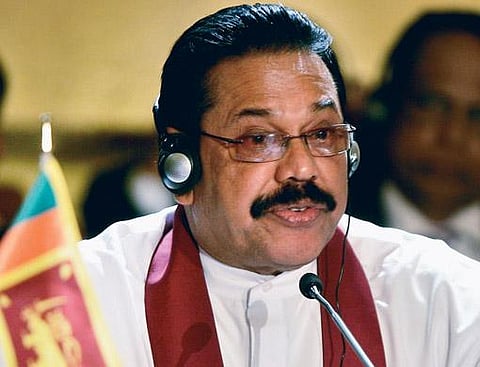Downside of a brute majority
Sri Lanka's president must guard against the perils of unchallenged power

Sri Lankan President Mahinda Rajapakse has claimed a more than flattering mandate in his country's parliamentary elections. The opposition has been subdued and judging by the fact that the United People's Freedom Alliance (UPA) party is in sight of a two-third majority, the president can rule virtually unopposed.
In terms of stability perhaps this is good for Sri Lanka. But there is a certain downside in having no semblance of an opposition as parliament sits down for deliberations. There will be very little resistance shown, or challenges offered, to keep the ruling party on its toes.
Total and unchallenged power can have negative implications. The president must give a patient hearing to the plight of the minorities. The Tamils are a case in point. Having just been caught on the wrong side of a civil war that took decades to finish, they need rehabilitation in their own country. It is time for political and social reforms to begin.



